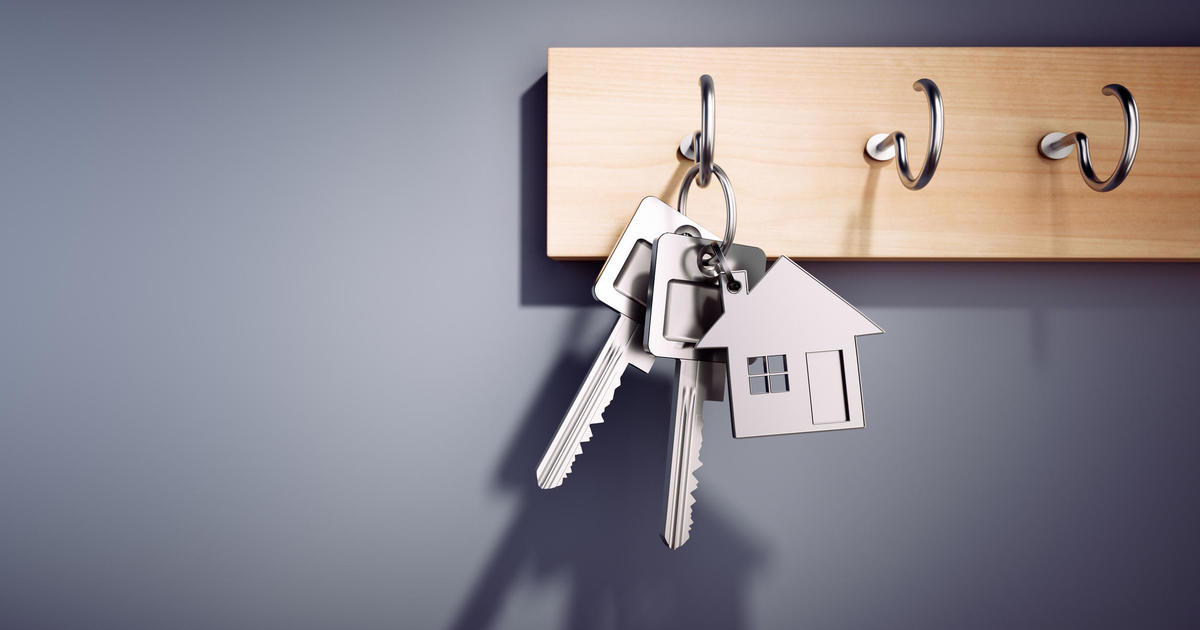When should you get a home equity loan?
In a time of elevated inflation and higher interest rates meant to combat it, many people are wondering how to make ends meet. Personal loans and credit cards can provide quick cash, but they carry high interest rates. That means you'll pay more in the long run for the money you need now. If you're a homeowner, however, you have a less-expensive option at your disposal: The equity you've built up in your home.
Home equity loans and home equity lines of credit (HELOCs) allow homeowners to tap into their home equity to pay for things like home repairs and renovations. Interest rates for these options can be considerably lower than those for other forms of financing. For example, credit card interest rates are currently around 15% to 20% and personal loan rates are around 10% to 11%. Home equity loan rates, on the other hand, can be 8% or lower depending on your credit score and other factors.
That said, as with any financial product, timing is important when it comes to getting the most out of a home equity loan. If you think you could benefit from a home equity loan then start exploring your options here now.
When should you get a home equity loan?
If you need a way to pay for major expenses, a home equity loan can help. Here are three times when getting a home equity loan makes sense.
When home values are high
Interest rate hikes don't always affect home values. In some areas of the country, home values remain high; in others, they've dropped sharply. If you live in a high-value area, you may have more money to work with.
Home equity loan amounts are based on your home's current market value, not how much of your mortgage you've paid off. The higher the value, the more you can borrow. For example, say you bought your home for $300,000. After making regular payments, your mortgage balance is now $250,000. If your home's value had stayed the same, your equity would be $50,000 ($300,000 - $250,000). However, if the value increased to $400,000, your equity would be $150,000 ($400,000 - $250,000). If your home has increased in value, now could be a great time to get a home equity loan.
You can easily check your home equity loan eligibility here now.
When you'll use it for home repairs or renovations
If you use your home equity loan funds to build or make significant repairs to your home, you may be able to deduct the interest. That isn't the case with financing options like credit cards and personal loans.
"Interest on home equity loans and lines of credit are deductible only if the borrowed funds are used to buy, build, or substantially improve the taxpayer's home that secures the loan," the IRS says. "The loan must be secured by the taxpayer's main home or second home (qualified residence), and meet other requirements."
You can use a home equity loan to pay for any expense you want, but if you don't use it for IRS-approved reasons, you won't be able to deduct the interest.
"Generally, you can deduct the home mortgage interest and points reported to you on Form 1098 on Schedule A (Form 1040), line 8a," the IRS goes on to say. "However, any interest showing in box 1 of Form 1098 from a home equity loan, or a line of credit or credit card loan secured by the property, is not deductible if the proceeds were not used to buy, build, or substantially improve a qualified home."
When you've lived in the home for a while
The longer you've lived in your home, the more equity you've likely built up in it. If you've been there for years (or decades), you could have tens of thousands of dollars or more at your disposal. Many lenders allow you to access up to 80% of the equity you have in your home.
Just be careful not to take out more than you need. You'll be paying interest on whatever amount you borrow, so it's important to calculate how much you need and only take out that amount.
See how much of a home equity loan you can get by crunching the numbers online now.
The bottom line
If you're searching for a way to pay for unexpected expenses, weigh your financing options carefully. For homeowners, drawing from their home equity can be a cost-effective and valuable way to get needed cash. However, you'll get the most out of a home equity loan by timing it right. When home values are high, you've lived in your home for a while and you plan on using the funds for home repairs or renovations, you can maximize the value of your home equity loan and truly get the most benefit.




